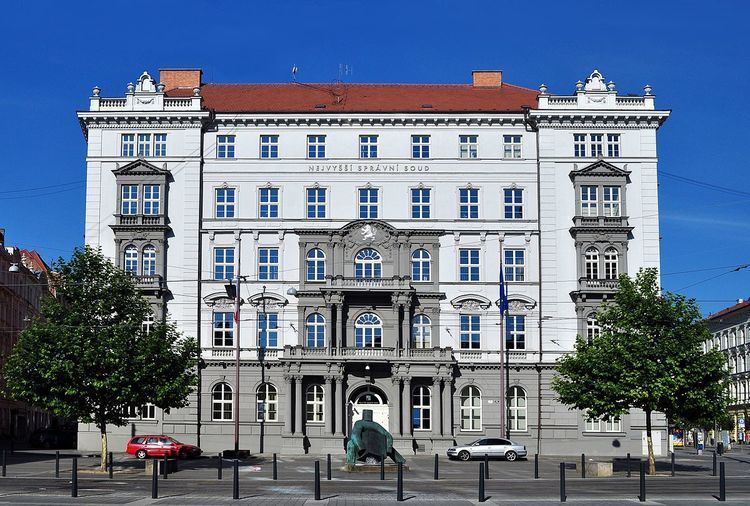RIO DE JANEIRO, BRAZIL – The Supreme Administrative Court (SAC) has dealt another severe blow to the Ministry of Health’s measures to restrict the operation of restaurants and lodgings as part of the fight against the coronavirus pandemic.
The court overturned an extraordinary measure that banned unvaccinated or ill people from entering restaurants, clubs, and short-term housing.
Read also: Check out our coverage on curated alternative narratives
The justices left the Dec. 29, 2021, measure in effect for one more week, after which it will expire.
According to Peter Mikes, chief judge of the SAC, the ministry had no basis in the pandemic law for restricting services.

“The ministry has no basis in what’s called the Pandemic Act to restrict these types of facilities unless it’s technical measures like using disinfectants or putting up seating,” Mikes explained.
The ministry could only restrict their activities under the Public Health Protection Act, but only against people suspected of being infected.
This would only be conceivable if the entire Czech Republic were declared an outbreak area.
GOVERNMENT IS NOT ALLOWED TO FORCE PEOPLE TO BE VACCINATED
The court, referring to the ministry’s reasoning, also pointed out that the aim of the measure in its current form cannot be to force citizens to vaccinate, which is voluntary.
“However, the objective of the measure cannot be to indirectly force citizens to vaccinate. This would make voluntary vaccination mandatory through an emergency measure, as unvaccinated individuals would have no choice but to be vaccinated if they wanted to live a normal life,” Mikeš stressed.
The court opted for the one-week deadline, which has now come into effect, in light of the current epidemic situation, the management of which, according to the ruling, is in the hands of the executive and not the judiciary.
SCENARIOS
“The ministry has three options under the current legislation. Either it assesses the situation as so bad that everyone can be considered infected, or it turns to the government to declare a state of emergency. And, of course, there’s also the option of leaving the area unregulated,” Mikes said.
“Under the current wording of the pandemic law, the Department of Health could only issue such a regulation if the conditions of the Public Health Protection Act are met. So it would have to assert and prove that everyone in the country can be suspected of being infected,” Mikeš added.
If these conditions are not met, the government must decide whether it is able to manage the pandemic without such regulation or not, and if other conditions are met, this is a reason to declare a state of emergency and issue a similar regulation through an emergency government measure.
The court decided to repeal the measure based on a lawsuit filed by a woman from Brno. The repealed regulations prohibit customers from entering catering establishments, music, dance, gambling, and similar social clubs and discos, gambling halls and casinos, as well as short-term and vacation accommodation, unless they meet conditions designated by the ministry as “infection-free.”
These conditions are either a completed vaccination or the fact that they have been infected with Covid-19 within the last 180 days. Only in exceptional cases is it possible to be proven by a PCR test.
The SJC has received further complaints against the existing measures and it is possible that it will overturn them on similar grounds.

